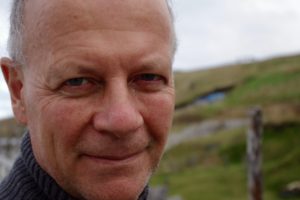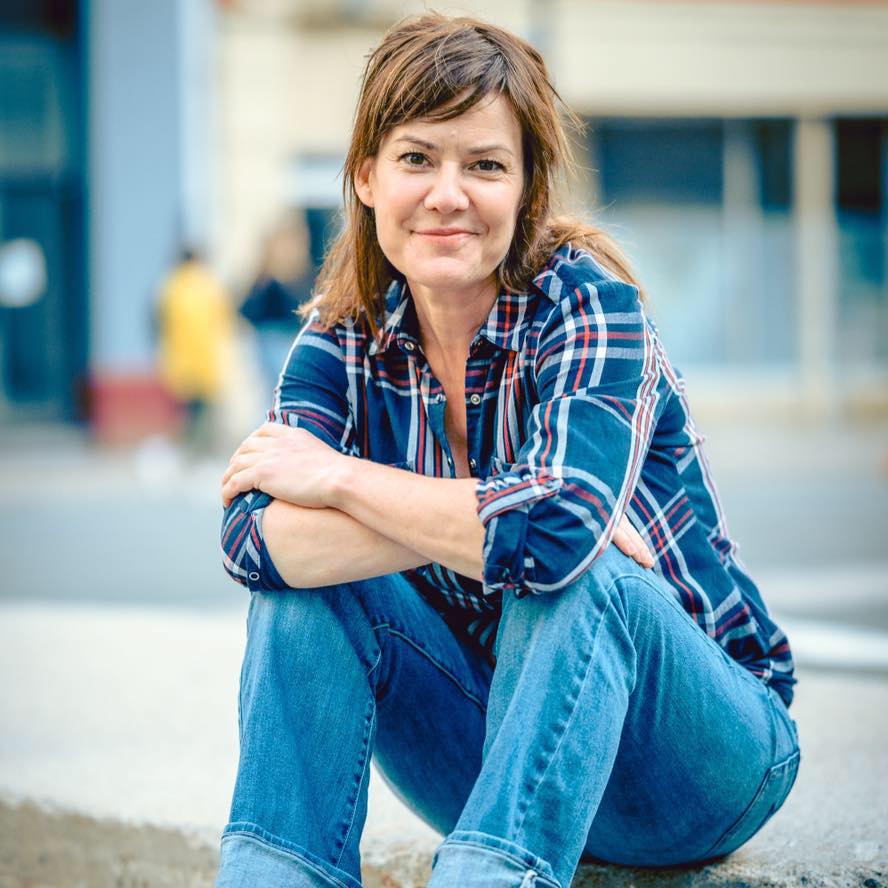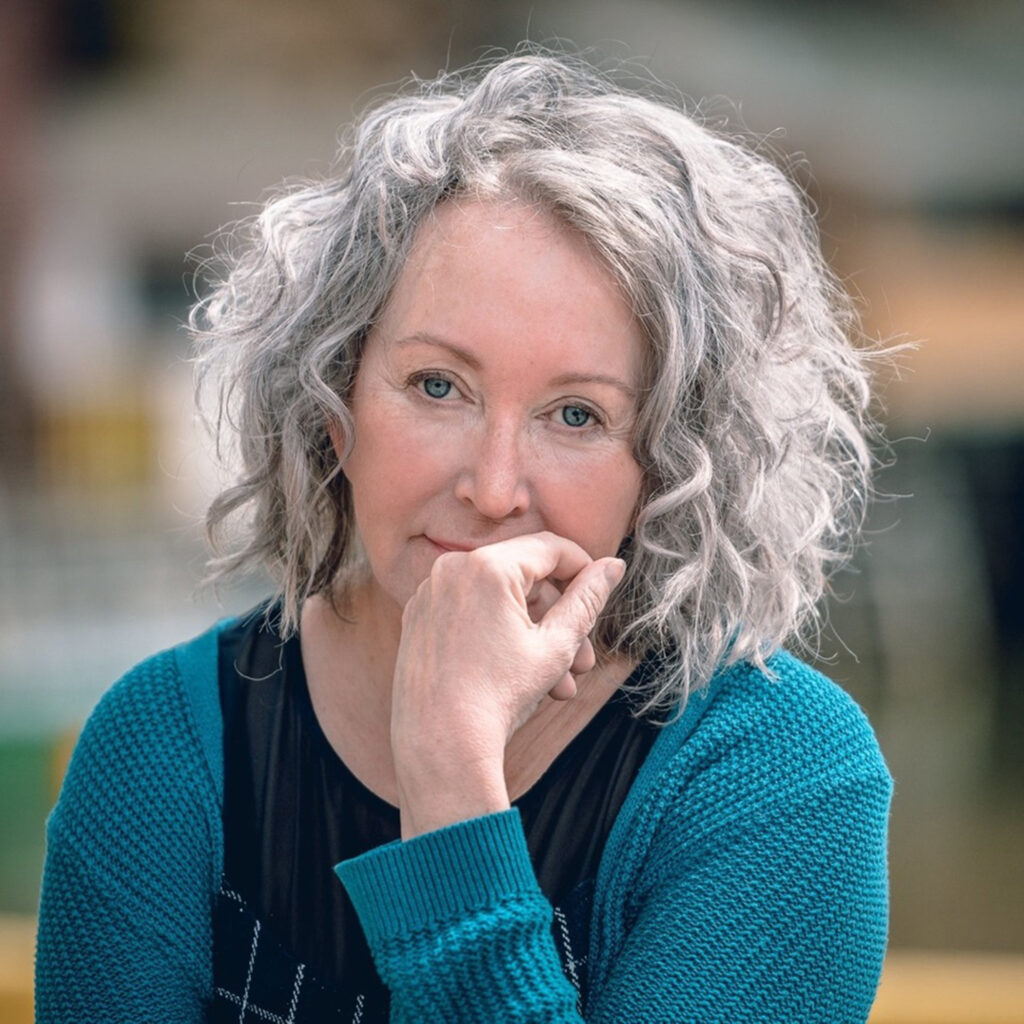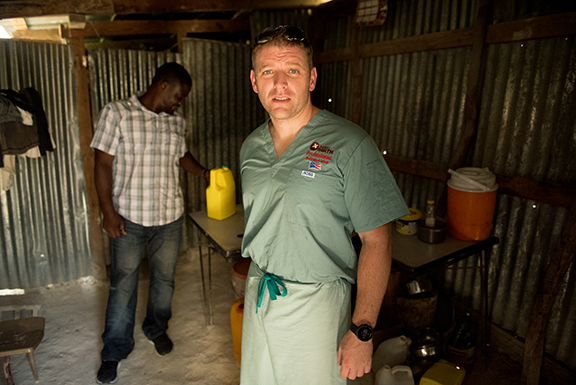Q and A with Robert Finley
May 2018

Dr. Robert Finley is an associate professor in Memorial University’s department of English, and is the coordinator of the creative writing program. Breakwater Books is about to release Best Kind, a compilation of some of the best non-fiction writing to come out of the program.
Tell me about the upcoming publication.
Aptly titled, Best Kind collects twelve pieces out of the creative non-fiction workshops we run in MUN’s creative writing programs. Some of the authors you’ll have read before, some not. All wonders of the form, some of the pieces are confectionary light and will delight you; some will turn you inside out; all of them will engage you.
How does writing non-fiction differ from writing fiction?
A different contract with the reader, a different set of levers on the reader’s attention. Folks, for obvious reasons, think of it in relation to fiction, and it certainly can, at one end of the scale, share a good deal with narrative fiction. There are very powerful examples of this kind of writing in the collection. But the form can also come close to lyric in intent, with an intelligence that Jan Zwicky articulates beautifully: “Lyric resists the accommodation of events to story, as it rejects the identification of clarity with analysis. It knows the order of the world is asyntactic.” Where narrative says: “and then, and then, and then,” lyric says, “and this, and this, and this.” You’ll find work at this end of the scale in here too.
Can anyone be a writer?
Ursula LeGuin says “Narrative is a central function of language… a fundamental operation of the normal functioning mind in society. To learn to speak is to learn to tell a story.” That would seem to say, in some sense, that everyone already is. There are so many ways to attend to the world and to wonder. Writing things down is one of them, and it is a powerful and useful and worthwhile form of attention for anyone who takes it up.
What is the best part about teaching writing?
Oh god, where to begin. When a workshop session takes flight, everyone inside the same problem or question in a piece of writing that’s on the table… the pause before some one of them comes up with the solution… the giddy collective acknowledgement that it IS the solution. Being privileged to an ongoing flood of stories, observations, thoughts and feelings… being reminded on a daily basis of “the infinite suggestiveness of common things.” The depth and breadth of experience and expertise found in any group of twelve people sitting down to talk one evening a week. What you learn about the world. “Having” to read pieces like the pieces in this book.
What is the most difficult part of teaching writing?
There is nothing difficult about it. It’s just listening and being surprised.
Which authors have influenced your approach to writing (and/or teaching writing)?
I’ve been lucky to have some long stretches of concentrated time to read and study a handful of folks, all poets. One is the American poet, W.S. Merwin whose work was the subject of my (ridiculously prolonged) years of writing a doctoral thesis. That was a long time ago now, but still when I read him, either old work or new, the voice I hear comes from somewhere inside me and in a cadence that is much more than just familiar. A lot of what I worked out in those years and within hearing of that cadence is still what I believe about language, poetry, how to live in the world, and is the basis of what and how I teach and write.
Which artists – not necessarily literary – do you feel are underrated?
In anglophone Canada? Probably the work of francophones.
What do you do for fun?
Row a rowboat. Sail a sailboat. Attend, with my clear eyed daughter, to the bees. Walk.
What’s your favourite place?
On or in or close beside water. The garden of my childhood.
What are you looking forward to this summer?
Jumping off the end of a dock. Lettuce. Reading at a walking pace.
Over the coming weeks, NQonline.ca will feature excerpts of several essays from Best Kind, which will be available at bookstores and Breakwaterbooks.com.



